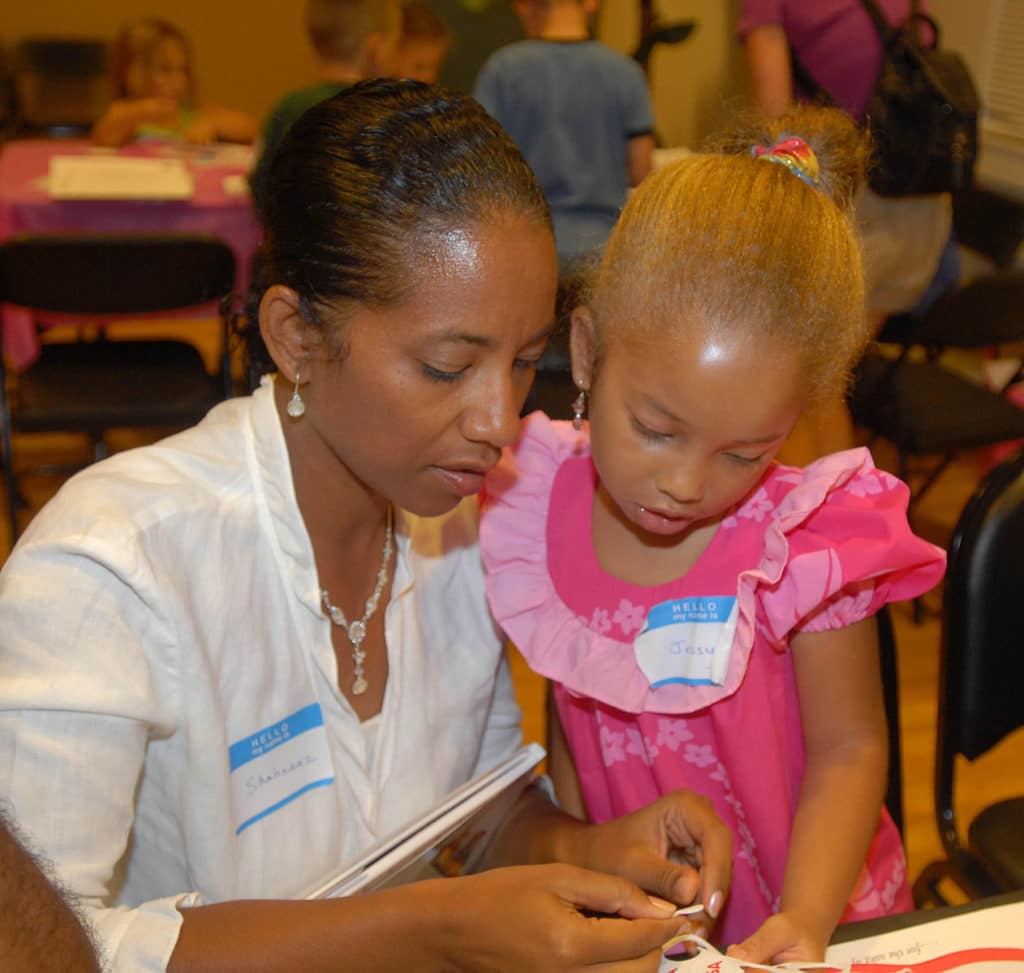
As parents, we are in a vulnerable situation. How do we raise our children in this modern world? How do we give them what they need so they will be prepared for all the complexities of adult life? (relationships, money, emotions, how to feel and how to think, how to parent, how to…..)
What is a helicopter parent?
Helicopter parenting is hovering over children in a excessive way. It is doing too much for a child by not letting them have their own difficulty, bailing them out of problems they need to face, or simply hovering with worry or guilt.
 Children loose a balanced sense of themselves when this restless helicopter is above them too much. It is the opposite of the neglecting parent but the negative effects can be the same,i.e., the child loses a part of their vitality, common sense, and self/other respect.
Children loose a balanced sense of themselves when this restless helicopter is above them too much. It is the opposite of the neglecting parent but the negative effects can be the same,i.e., the child loses a part of their vitality, common sense, and self/other respect.
Common sense says we need to stay connected with our children but give them their own individuality. When we hover too much they lose their individuality, when we don’t hover enough they lose connection with us and themselves.
As a psychotherapist I wish I could give parents a list of do’s and don’ts for every situation, that it would be that simple. But that would be a helicopter therapist.
Head and Gut Parenting
We need to use our intelligence and our instincts as parents. I see the books that are available now in the parenting section and know those books will help, as much as a map helps when we visit a foreign country. We have to have the map, but the experience of being there in the moment is a whole other world.
There is some education that needs to be done as a parent. It really helps to have some good information and a plan. We also need a sense of where we are going with each child’s personality, even if it is intellectual to begin with. Reading can give us techniques, such as, how to listen and reflect feelings with our children or how to set limits. It can show us the different stages of parenting so we will be prepared. But these are ideas, now how do we implement them in the moment, creatively, instinctually and respectfully?
For example, let’s say your child wants something, the age does not matter. They may want another cookie or the keys to your car. They are saying they want something. They could want it desperately with tears and anger. How do we react when we hear and feel their need? Do we feel confused, anxious, angry, guilty? Do these feelings get in the way of trusting ourselves and doing what is best? Do they get in the way of following our gut, our common sense, our instincts and respect?
As parents we are hard-wired to feel that need and respond. It is instinctual to care for our children as is the act that created them in the first place.
Untangling Helicopter Parents, Perfect Parents
 We use the head and gut together. All the books are pointing to unconditional love, acceptance and setting limits with our child. Yes, of course. “Helicopter parent, Perfect parent” is not unconditional love, “it is too much about me”, the parent. There can be an unconscious need for the parents and they may want the child to satisfy that for them; “I’m a good parent when you get good grades”.
We use the head and gut together. All the books are pointing to unconditional love, acceptance and setting limits with our child. Yes, of course. “Helicopter parent, Perfect parent” is not unconditional love, “it is too much about me”, the parent. There can be an unconscious need for the parents and they may want the child to satisfy that for them; “I’m a good parent when you get good grades”.
Some Examples:
- Parents may be too desperate or controlling with their children. They are trying to give them a life they didn’t have.
- Parents may not want their children to feel any emotional or physical pain because that might bring up, “I am a bad mom”, or “I feel helpless when they cry”. Then I (parent) would have to feel that pain and learn something from it, which is exactly what we want our kids to learn.
- Parents may have low self esteem themselves so they are giving their children excessive praise and acknowledgment. The child feels it as manipulation. Parents need to acknowledge their own positive qualities and get some help with their own self-esteem. Modeling is the most powerful parenting style.
Parenting is now coming out of the dark ages
 Parenting up to the 1960s was very punitive and rigid. Parents then began shifting from a parent-centered approach; “my way or the highway” to a more child-centered approach; “the needs of the child come first”. In fact Federal child abuse laws were not created until 1974.
Parenting up to the 1960s was very punitive and rigid. Parents then began shifting from a parent-centered approach; “my way or the highway” to a more child-centered approach; “the needs of the child come first”. In fact Federal child abuse laws were not created until 1974.
However, the child-centered approach went too far and lost track of itself because the super mom, helicopter mom, the perfect mom took it too far. They lost track of the child’s need to suffer his or her own choices and the choices of a wise parent. I am not talking about punishing, so they “learn a lesson”. That just creates distain and resentment. I am suggesting that a parent says, “no” or sets limits that are in the child’s best interest and the best interest of the family, even if there is confrontation.
Parents are now learning to be sensitive enough to feel when their child needs to be with their own disappointment, hurt, and aloneness. They know this is important for their development, even if mom and dad feel guilt or ambivalence.
For example, “I know you are hungry” and “no more cookies until after dinner.” “No, you can’t use the car until you finish the dishes, I’m sorry.” They have an opportunity to be with their discomfort and learn how to grow from it. This is the work of all adults and children. Hopefully, the adults can be a few chapters ahead.
The parent feels in their gut what is right for this moment. Not what is in your head, “good moms are always their for the kids”, but what is in your gut. It may be, “not tonight but tomorrow is ok”.
Here is a section from a previous post that may help:
Toxic Mother, “Good Enough Mother”, Perfect Mother
Spectrum of maturity 
It is more useful to perceive our mothers and the mothers before them on a spectrum. Every mother has varying degrees of emotional maturity, from the narcissistic personality disorder mother who controls her children through guilt, shame, fear and/or abuse (the toxic mother), to the other end of the spectrum which is the “good enough mother”. The “good enough mother” is able to put her needs down “enough” to attend to her child as an individual. There are no perfect mothers, that is a fantasy we can go into in another post.
The theory of the “good enough mother” was developed by the pediatrician Donald Winnicott. If there was such a thing as a perfect mother, the child could never find his or her own way and learn to tolerate frustration and disappointment in life. But we do need “enough” to find our ground, otherwise we need to find it through “good enough” mentors later in life.
Here are a couple good books on the topic:
Wendy Mogel, PhD.
